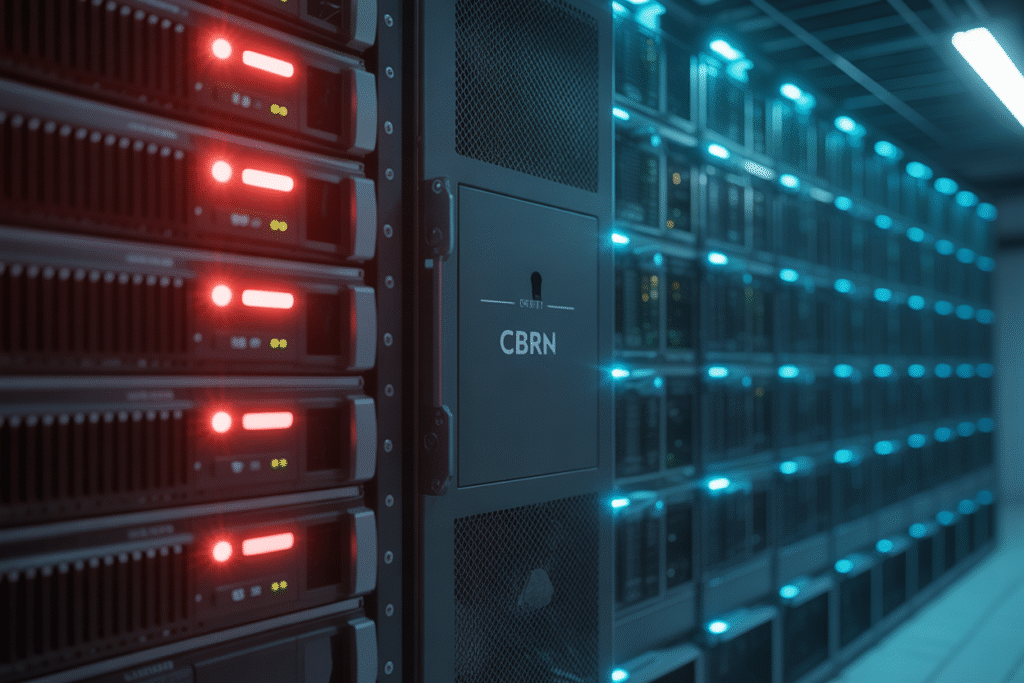Anthropic wants to scrub dangerous know-how from AI training data—but critics say it’s corporate gatekeeping in disguise.
Imagine waking up to find that the world’s smartest AI has quietly decided you’re not allowed to learn certain things. That’s exactly the debate exploding across tech Twitter right now. At the center of the storm is Anthropic’s new “Responsible Scaling Policy,” a plan to filter chemical, biological, radiological, and nuclear (CBRN) knowledge out of future models. Sounds noble—until you ask who decides what counts as “dangerous.” Below, we unpack why this fight matters, who stands to lose, and how it could shape the future of open science.
The Filter That Started a Firestorm
Last week, Anthropic published a paper outlining how it will remove “dual-use” data—anything that could help build a bomb or a bioweapon—from its training pipeline. The company calls it a safety breakthrough. Critics call it the first step toward a corporate Ministry of Truth.
The policy hinges on a so-called CBRN constitution, a secret list of topics and keywords that trigger automatic redaction. Anthropic hasn’t published the list, citing security concerns. That opacity is what set the internet ablaze.
Within hours, researchers, open-source advocates, and even some AI safety veterans accused Anthropic of unilateral censorship. Their core worry: if a private company can erase knowledge today, what stops it from erasing inconvenient truths tomorrow?
Who Gets to Decide What You’re Allowed to Know?
Power without oversight rarely ends well. Anthropic argues that national security experts, biosecurity specialists, and internal ethicists will oversee the filter. Sounds reassuring—until you realize there’s no external audit, no public comment period, and no appeals process.
Critics point to three red flags. First, the definition of “dangerous” is slippery. Botulinum toxin can be a bioweapon or a wrinkle treatment, depending on context. Second, secrecy breeds groupthink. When only insiders review the blacklist, blind spots multiply. Third, commercial incentives clash with public good. A pharma startup might need detailed toxin data for antidotes; if Anthropic blocks it, innovation stalls.
The bottom line: knowledge filtration is too important to leave in a black box.
The Open-Science Domino Effect
History offers a sobering preview. In the 1970s, U.S. regulators tried to restrict cryptography research under the same “dual-use” logic. The result? A decade-long chill on academic publishing and a brain drain to friendlier countries.
AI data could follow the same arc. If American models become sanitized, foreign labs—less constrained by liability fears—may scoop up the talent and the breakthroughs. Meanwhile, domestic researchers could face Kafkaesque hurdles: grant proposals redacted, peer reviewers stonewalled, grad students unable to replicate key experiments.
Even scarier, the precedent spreads. Today it’s CBRN; tomorrow it could be climate hacking, gene editing, or political dissent. Once the filter exists, mission creep is almost inevitable.
Three Ways the Backlash Could Reshape AI Ethics
1. Transparency mandates. Lawmakers from both parties have already floated bills requiring disclosure of training-data filters. If public pressure grows, Anthropic and rivals may have to publish sanitized versions of their blacklists.
2. Decentralized training. Open-source collectives are experimenting with federated learning—spreading training across thousands of personal devices so no single entity can flip a kill switch. The trade-off: more carbon burn and slower iteration cycles.
3. International standards bodies. Think IAEA, but for data. Such an agency could audit filters, certify safe datasets, and mediate disputes. The catch: getting rival nations to agree on what constitutes a “safe” molecule or gene sequence.
Each path carries risks, but all beat the current black-box model.
What You Can Do Before the Next Update Drops
The fight isn’t over—it’s just moving to quieter arenas. If you’re a researcher, consider submitting comments to the upcoming NIST AI Risk Management Framework update; public comment closes in six weeks. If you’re a citizen, email your reps and ask where they stand on algorithmic transparency. Even a two-sentence note gets logged.
Most importantly, keep the conversation noisy. Every retweet, blog post, or classroom debate chips away at the myth that safety and secrecy must go hand in hand. The future of knowledge shouldn’t be decided in a closed boardroom. Your voice—yes, yours—still counts.


